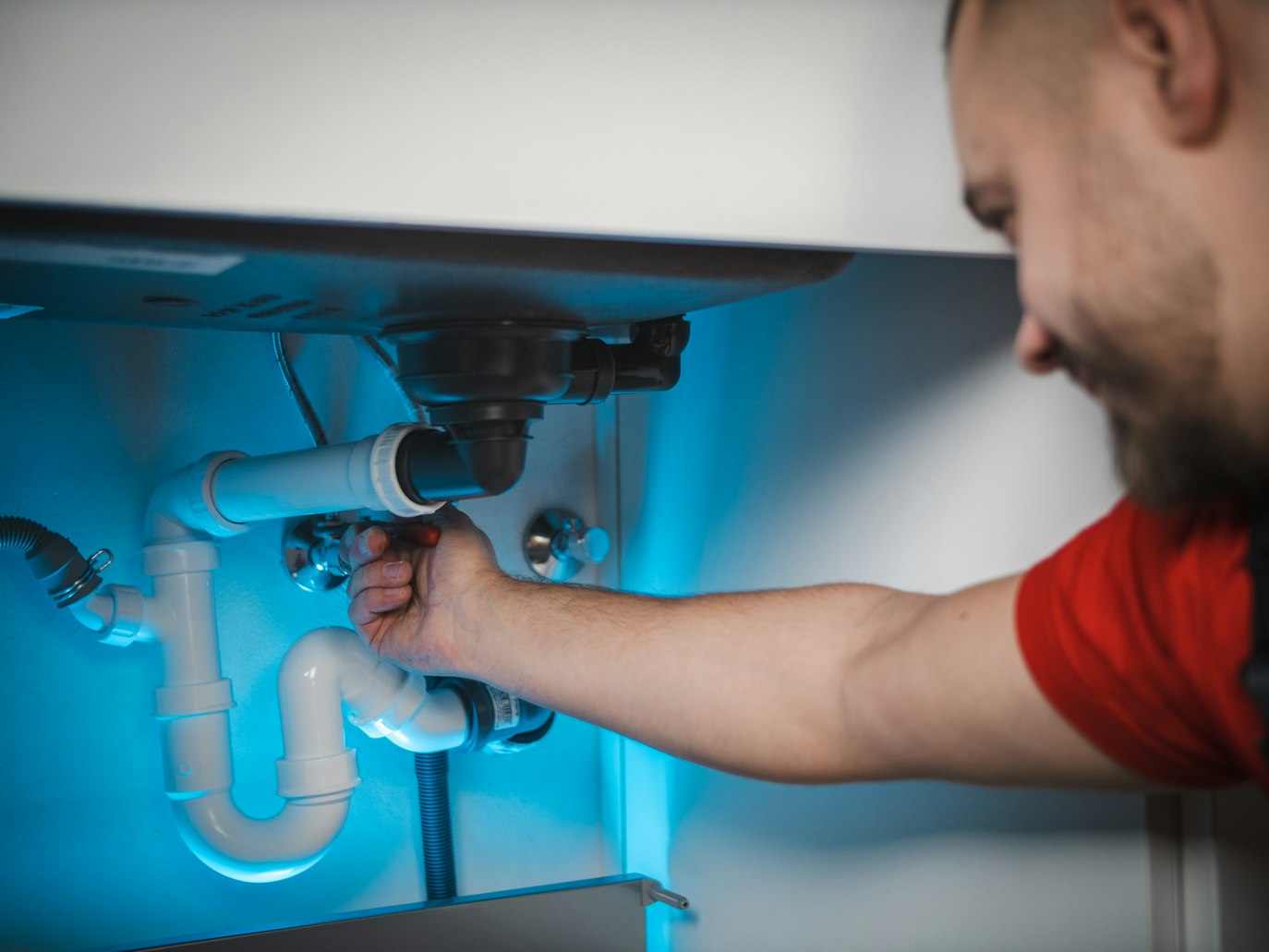9 Simple Ways to Avoid Plumbing Problems
It’s impossible to avoid a professional plumbing company altogether. Because one way or another, you’ll have to seek their assistance. However, you can prevent plumbing issues from coming back and causing inconveniences to you and your loved ones.
Here are 9 simple ways on how you can do so.
- Attach a strainer on your drain. Don’t let huge chunks of waste go down your drain. These items may be hard to break down and may only constrict the flow of water. Be sure there is a strainer on all your drains to collect large debris. Dispose of all your debris properly, especially grease.
- Watch what you flush. Use your flush only for human waste. Keep a trash bin nearby and use it for your other disposals, such as sanitary napkins, tissue papers, and diaper. It’s easier to toss your trash in a bin than have to deal with a clogged toilet later on. Choose your battle.
- Leave your pipes alone. Pipes shouldn’t be used to hang clothes. If you have exposed pipes, leave them alone. In case you have little kids at home, teach them not to play with or close to the pipes. When the pipes are exposed to extreme pressure, they may burst and this can result in bigger problems.
- Insulate your pipes. Pipe insulation is one way you can prevent your pipes from freezing. In case there is a power outage or the temperatures drop while you’re away on a vacation, you can be confident your pipes will be able to hold up. Insulating also helps conserve energy and avoid pipe deterioration. And not only that, you get to save money too. Pipe insulation is cheaper than pipe repair or replacement.
- Shut off the main water valve. When the temperature drops, shut off the main water valve. During emergencies or when you will be away from an extended period, it also helps to shut off your valve. If you notice that it isn’t shutting off properly, call in a professional. Be sure everyone in the household knows where the main water valve is located so they can shut it off themselves in urgent cases.
- Inspect pipes and hoses regularly. Inspect for leaks regularly. Even if you only suspect there might be something wrong, call in a professional. It’s better to be sure than have to wait for the issue to magnify and cause major inconvenience to your household. Include checking pipes located outside of your house.
- Monitor your water bill. Track your water bill so you can easily detect unusual drops or increases. A sudden rise in your water bill may indicate leaks while other unexpected changes may mean constricted pipes. Seek professional help from a reputable plumber near you.
- Look out for corroding or leaching pipes. Always check for leaks and signs of damage or corrosion in your plumbing system. If you notice the water turning yellow or brown, that can indicate that your pipes are developing rusts. Stains may also signal a plumbing system failure. Checking the condition of your pipes regularly is even more crucial if you own an old home that uses lead pipes.
- Find a reliable plumber near you. Look for a professional plumber that you can trust even before issues arise. And be sure to schedule regular inspection of your plumbing system. Only work with a plumber that delivers quality workmanship and uses top-of-the-line materials.
Unresolved plumbing issues can compromise your drinking water and result in serious health and safety issues. A professional plumber helps make your life easier and your plumbing expenses, minimal. Once you find a team that you love, keep them in your contact list.
And don’t forget the tips listed above. They won’t take too much of your time and will help you prevent serious plumbing issues.






